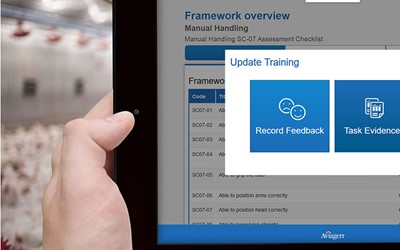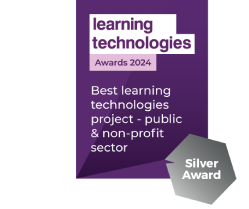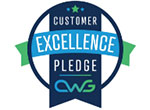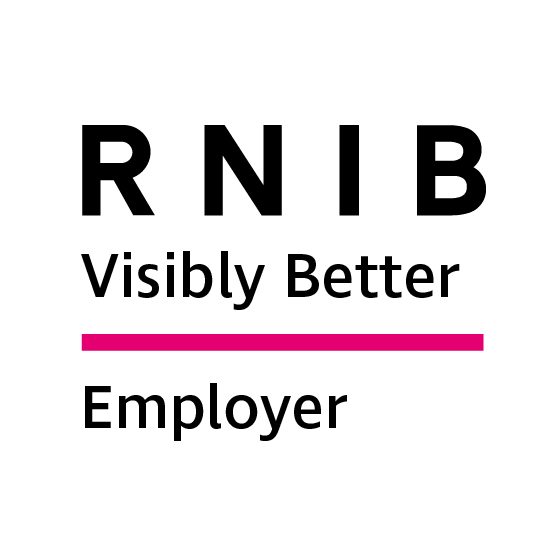Leveraging learning technology for achieving operational excellence
In today's fast-paced business landscape, staying ahead of the competition requires more than just hard work and dedication. It demands strategic thinking, continuous improvement, and a relentless pursuit of operational excellence. Operational excellence is the philosophy of constantly refining processes, eliminating inefficiencies, and fostering a culture of continuous improvement.
Let's explore how learning technology can be a powerful tool in achieving operational excellence, empowering leaders to make informed decisions, and driving continuous improvement.
Posted 22 August 2023
Understanding Operational Excellence
Operational excellence is not about fixing something that's broken; rather, it's about optimising processes that are already functional. It's a mindset that embraces change and improvement, focusing on maximising efficiency, minimising waste, and delivering consistent value to customers. Operational excellence helps organisations adapt to evolving market dynamics and customer expectations while maintaining a competitive edge.
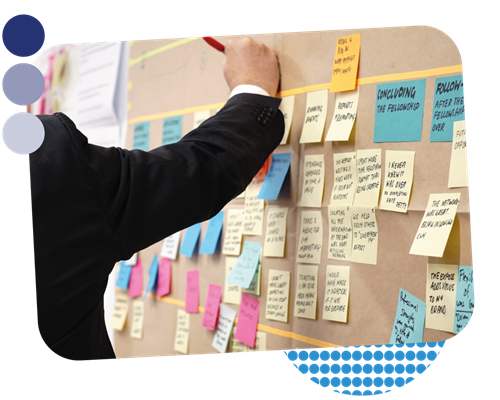
Challenges and Solutions
In the pursuit of operational excellence, challenges can arise, hindering progress. Often, these challenges stem from inefficient processes rather than a lack of effort from employees. Identifying these bottlenecks and addressing them effectively is crucial. This is where learning technology comes into play.

Empowering Leaders with Data-Driven Insights
To make smart decisions, leaders need access to accurate, real-time data. Learning technology can integrate with various operational systems, providing leaders with comprehensive insights into every facet of the organisation's operations. From production data to customer feedback, learning technology compiles, analyses, and presents data in a digestible format, enabling leaders to identify trends, spot inefficiencies, and make informed decisions quickly.
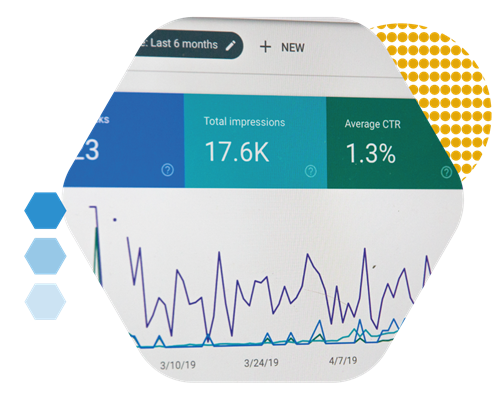
Fostering Continuous Improvement Culture
Operational excellence is a journey, not a destination. Learning technology facilitates this journey by providing tools for ongoing learning and improvement. Online training platforms, webinars and digital courses allow employees to upskill and stay updated on the latest industry trends, fostering a culture of continuous learning. When employees are equipped with the skills and knowledge to excel in their roles, they contribute to a more efficient and innovative workplace.

Streamlining Processes
As mentioned earlier, process inefficiencies are often the culprits behind operational challenges. Learning technology can be used to streamline and optimise these processes. Through process mapping, automation, and workflow analysis, organisations can identify areas where technology can be leveraged to enhance efficiency. By automating routine tasks and removing bottlenecks, employees can focus on high-value activities that drive the organisation forward.

Enabling Collaboration and Communication
Operational excellence requires collaboration across departments and teams. Learning technology can facilitate seamless communication and collaboration by providing tools for virtual meetings, document sharing, and project management. When teams can collaborate effectively, information flows smoothly, and cross-functional solutions can be implemented.

The Keystone of Operational Excellence
In the pursuit of operational excellence, embracing technology is not just an option; it's a necessity. Learning technology empowers leaders to make data-driven decisions, fosters a culture of continuous improvement, streamlines processes, and enhances collaboration. Remember, operational excellence is not about pointing fingers; it's about refining processes to achieve optimal performance. By leveraging learning technology, organisations can embark on a journey toward sustainable growth, staying competitive in an ever-changing business landscape.

Recent Posts
Turning AI into potential gainSeamless HR Integration: Streamlining workforce enrolment with eCom's eNet Product Suite
eCom Learning Solutions: Staying ahead in a constantly evolving landscape
Is your work changing, or just your tools? A question for the modern workforce
What is competency? And why it matters in the workplace



